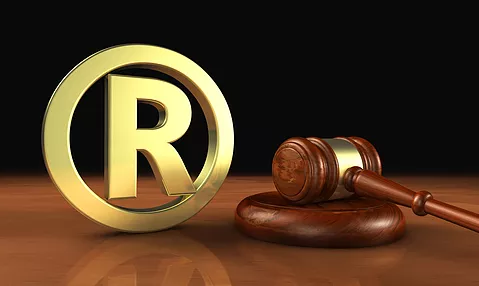
This year, the Supreme Court made rulings in two cases that will drastically change the way trademark law has been practiced for decades. They result in two major consequences. First, anyone can now register a trademark that contains immoral and scandalous marks (ex. curse words). Second, trademark licensees get to retain their trademark rights if the licensor who granted them those rights in a contract goes into bankruptcy and rejects that contract.
Iancu v. Brunetti (June 2019)
For more background information, you can read this blog post that I wrote last year. In June 2019, SCOTUS ruled that the part of the Lanham Act, the federal trademark act, that prohibited the registration of immoral/scandalous trademarks violates the First Amendment.
What does this mean? Marks like expletives can now be registered on the federal trademark database. A new dawn has come in the trademark world. The immoral/scandalous provision was in existence for 70 years, longer than most of the SCOTUS judges have been alive.
This decision was not surprising. Why? Because two years ago, the Supreme Court used similar reasoning to overturn the Lanham’s Act prohibition on marks that disparaged others. As a result, marks like racial epithets were able to be registered federally.
For more information about Iancu, you can read the Supreme Court decision here.
Mission Product Holdings, Inc. v. Tempnology, LLC (May 2019)
Under the Bankruptcy Code (the federal bankruptcy act), if a party files for bankruptcy, that party can reject contracts they entered into before bankruptcy if neither party has finished performing all their duties under the agreements (yes, I too was shocked to learn this).
But what happens to trademark rights that are granted under rejected contracts? In May 2019, the Supreme Court answered this question in Mission Product Holdings.
In this case, Company A entered into a contract with Company B granting a trademark license to Company B to use Company A’s trademark in connection with distribution of clothes and accessories. Company A filed for Chapter 11 bankruptcy and sought to reject its trademark license with Company B because both companies had finished performing (Company A filed for bankruptcy before the term of the license ended). Company A also argued that in rejecting the license in bankruptcy, the trademark rights it granted Company B under the license were also terminated.
The Supreme Court held that Company’s A rejection of the license under the Bankruptcy Code has the same effect as a breach of that contract outside bankruptcy. The rejection was considered to be a breach of the contract. However, the rejection could not rescind the rights that the contract previously granted to Company B. Thus, Company B still has trademark rights even though the contract was rejected.
For more information about the case, you can read the Supreme Court decision here.
